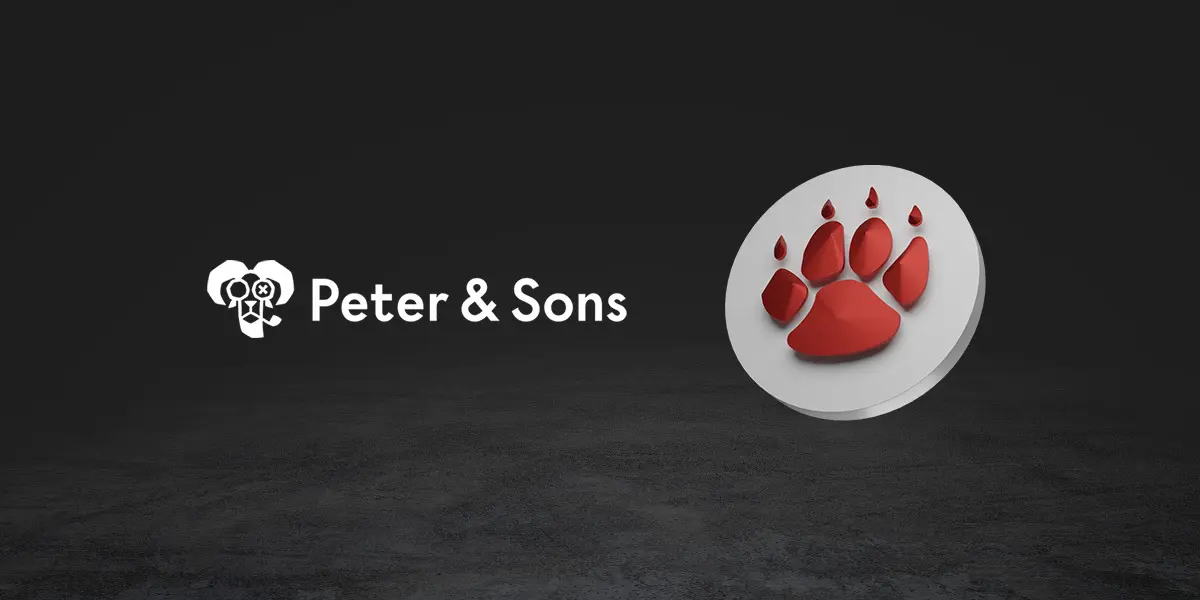Summary
- Kalshi is now facing challenges in two additional U.S. states: Illinois and Connecticut.
- Connecticut has not clearly detailed its accusations against Kalshi, apart from alleging that they are "breaking the law."
- Illinois joins Ohio, Nevada, and New Jersey in asserting that Kalshi should not provide sports markets.
Kalshi's decision to enter prediction markets for sports events, especially March Madness, has been praised by consumers but has also attracted significant attention from gambling regulators nationwide. The Nevada Gaming Control Commission, the Division of Gaming Enforcement, and the Ohio Casino Control Commission, along with the Connecticut Department of Consumer Protection and the Illinois Gaming Board, are now scrutinizing the company.
Kalshi takes more legal heat all over the United States
Kalshi has initiated legal action against the Nevada Gaming Control Commission and the Division of Gaming Enforcement, as regulatory pressure mounts from various bodies questioning the platform's authority to offer sports prediction markets. Kalshi maintains that these markets are permitted under federal law and are beyond the jurisdiction of state gambling regulators. Connecticut's announcement of an investigation into Kalshi is not directly linked to the broader legal challenges faced by the platform, nor does it seem to be part of a coordinated effort. Instead, Connecticut's regulator stated that it has been examining the platform for several months and is now ready to disclose this information. Despite this announcement, Connecticut has not specified the exact allegations against Kalshi, except to say that it has breached state law. In contrast, Illinois has been more explicit about its stance towards the industry and Kalshi specifically. The Illinois Gaming Board has issued cease-and-desist orders to Kalshi, as well as Robinhood and Crypto.com, which also offer sports prediction markets. These companies are accused of violating Illinois' Criminal Code and Sports Wagering Act.
A legal showdown that comes down to one thing – interpretation
The regulator is essentially equating prediction markets with unlicensed gambling that operates without the approval of the gambling authority. This will be a major point of contention for Kalshi in the upcoming months as it presents its case in both state and potentially federal courts. Currently, there is a lack of clarity about what will happen next. Kalshi has already sued the Commodity Futures Trading Commission and secured a qualified victory, allowing it to offer political prediction markets. However, repeating this success against state gambling regulators could be a different challenge altogether. One thing is certain: the way prediction markets are interpreted will shape the future of these platforms. Kalshi, for its part, has cautioned against overregulation, arguing that prediction markets could be one of the critical innovations of the century.





























